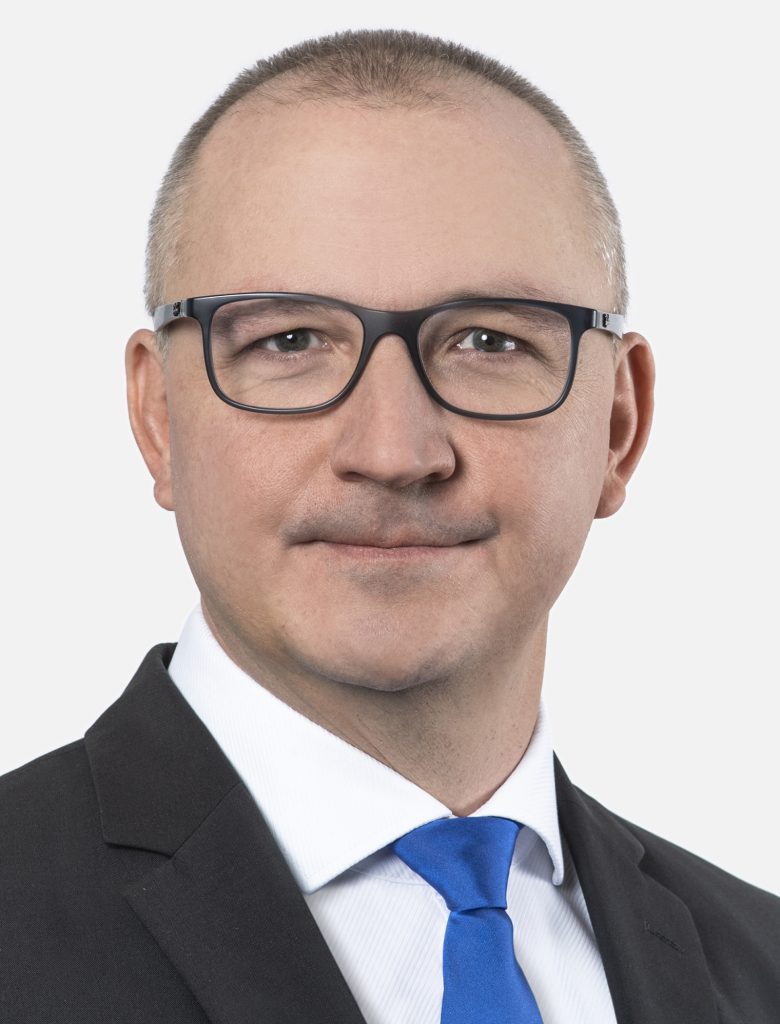Dr Lutz Möller, Deputy Secretary-General of the German Commission for UNESCO
Equity in scientific cooperation: a utopian dream?
Making international scientific cooperation with Low- and Middle-income Countries (LMICs) equitable is a requirement of many government and institutional science strategies of High-income Countries (HICs). However, too often, this “demand” is not taken very seriously. Very few of these science strategies go into detail about the requirements and characteristics of such cooperation. There are also no incentives for scientists to strive for equitable cooperation. And no sanctions if they do not.
As a result, in the real world, equity seems to be largely shunned as a naive and utopian dream with little relevance to competitive and cutting-edge research. Yes, there is international law through the UN that asks for equitable cooperation, for capacity building and/or for transfer of technologies (1982 UN Convention on the Law of the Sea, 1992 UN Convention on Biological Diversity and its 1997 Nagoya Protocol, 2017 UNESCO Recommendation on Science and Scientific Researchers, 2021 UNESCO Recommendation on Open Science). But who listens to the UN?
Defining and embedding equity
Well, science policymakers, science funders and scientists certainly should. It is in their best interests. Equity is a matter of self-interest in today’s world, for example to prove one’s sincerity and thus attractiveness in an increasingly competitive struggle for partners. What do we mean by equity? Scientific collaboration is equitable when all participants:
- Make recognisable efforts to at least overcome the effects of existing imbalances in a project in the best possible way.
- Always make their intentions and objectives transparent.
- Participate on an equal and complementary basis in all relevant planning, decision-making, implementation and evaluation processes.
- Respectfully consider the plural competences and diverse knowledge of all participants;
- Recognise that they should play as many roles as possible in the mutual relationship (giver and receiver, mentor and mentee, etc.).
- Improve the long-term position of all participating researchers (i.e. even after the end of the project), e.g. by strengthening institutional structures and individual capacities.
In June 2024, the German Commission for UNESCO adopted a position paper addressed at science policy in Germany, to make all efforts to make scientific cooperation with LMICs equitable. The German Commission for UNESCO did so in our role as the key intermediary between UNESCO, the German government, parliament, academia and civil society, and as a national office in all UNESCO fields of activity. Ours is one of 200 National Commissions for UNESCO, one in each Member State. One of our key tasks is to translate international norms established by UNESCO into the German context.
For the German Commission for UNESCO, it is in Germany’s own interest to organise all its international scientific collaborations equitably because such cooperation has proven to:
- Be demonstrably effective in strengthening capacities to manage global crises and their local impacts and to enable sustainability transformations.
- Increase the efficiency and effectiveness of public funds used for scientific cooperation.
- Be a norm enshrined in international law, the UN 2030 Agenda, and a human right.
- Strengthen mutual trust and an internationally shared system of values and references.
- Enable long-term and stable cooperation in an international environment increasingly characterised by competition for partnerships.
Developing our paper through consultation
The German Commission for UNESCO developed our position paper through a consultative process involving representatives of LMICs. It carefully considered the results of the work of other relevant institutions, such as the TRUST Code, the Perivoli Africa Research Centre’s Africa Charter and the results of the Swiss Commission for Research Partnerships with Developing Countries (KFPE), the UK’s IDS, Canada’s IDRC, ESSENCE, and UKCDR.
UKCDR and ESSENCE’s Four Approaches to Supporting Equitable Research Partnerships of 2022 was particularly helpful, as it was based on practical case studies (not only case studies from the UK) and looked at the whole ecosystem of research collaborations, going well beyond the individual collaborative project. The publication contains many practical elements – very well laid out in graphics and tables that also provide an excellent overview for newcomers to the field. We also agree that “prioritising inclusive agenda setting” is likely the number one priority. We could have copied/adapted so many more of the publication’s suggestions; only length limits of our own publication precluded us from doing so.
The German Commission for UNESCO had much support in drafting our position paper. Indeed, all German science policy and research funding institutions seem to agree that the current situation is untenable. However, some have claimed that the recommendations in our position paper do not go far enough. What exactly are these recommendations?
Understanding our recommendations
The recommendations start at the very “top” and reach down to the “nitty-gritty” of research cooperation.
Starting at the government level, it is recommended that the German government and German science funding organisations take greater account of the interests of partner countries in bilateral government research agreements as well as in national strategies. Several concrete formulations are proposed. These include, for example, two- or three-stage procedures in calls for proposals or longer project cycles; the eligibility of capacity development and institutional strengthening for funding and the possibility or simplification of the transfer of funds to partners; and, finally, the possibility of shared project responsibility and links between partner countries.
The position paper also proposes a cultural and structural paradigm shift, recommending greater openness to plural forms of knowledge and knowledge carriers. This includes the practice of plurality in evaluation and quality assurance, as well as structures of joint agenda setting in the design of funding lines and calls for proposals. Another important lever for more pluralism is the strengthening of partner countries and their institutions as well as their own funding structures. Finally, the position paper recommends enabling researchers in projects to negotiate and define equal roles and responsibilities, organising the scientific publication process in an equitable way, and rethinking science communication measures.
Looking to the future
As noted above, some argued that more detail is needed to clarify viable ways forward. Some ask for concrete proposals on how best to improve the eligibility of funds transferred to partner countries. We are listening. The German Commission for UNESCO is currently engaged in dozens of discussions and negotiations with research funders and science policymakers in Germany to achieve concrete improvements.
At the same time, the German Commission for UNESCO intends to continue the discussion at the global level and looks forward to an exchange with UKCDR and its partners!
Author bio
Dr Lutz Möller has been Deputy Secretary-General of the German Commission for UNESCO since 2015. At the same time, he heads the Commission’s Policy Department. He has been working with the Commission since 2004 with a long-standing responsibility for Science Policies. For example, in 2013 he organized the first session of the UN Secretary-General’s Science Advisory Board. He has a PhD in Theoretical Physics from Munich University, he studied Physics and Philosophy in Munich and in Oxford.


